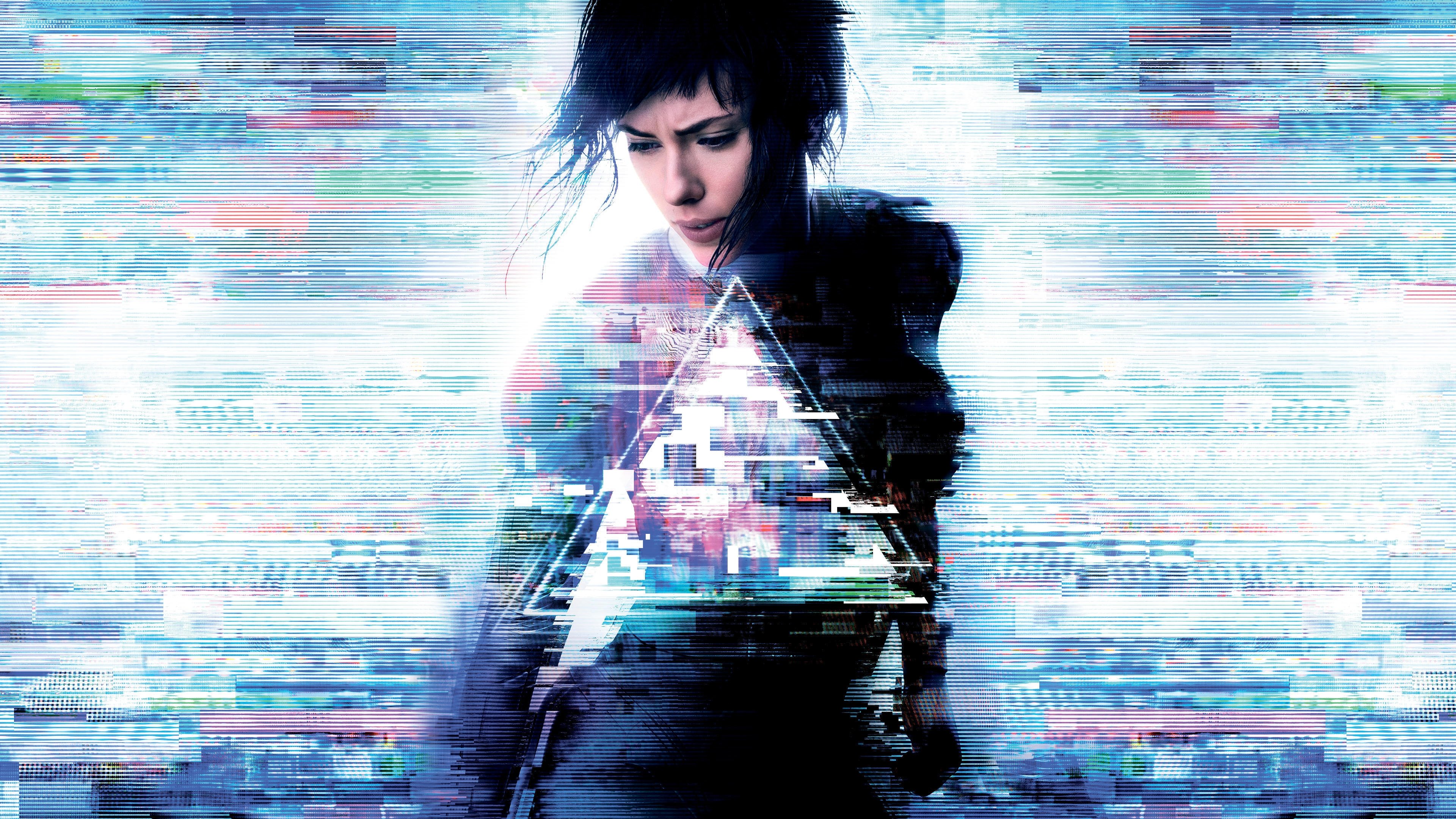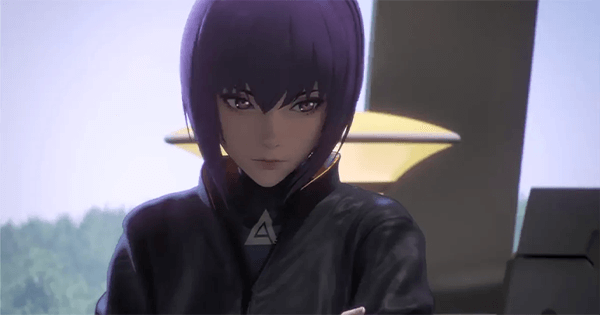
For those whose entire bodies have been replaced by machines, these ghosts are the only indications left of their humanity.

Perhaps the most intriguing notion raised is that of 'ghosts', which are meant in the now somewhat archaic sense of 'soul' - a quantity that can determine the difference between real life and artificial intelligence. A difficult but surprisingly successful balance is maintained between the action aspect and the underlying thematic material, though it tends to lean towards the latter to the expense of the former.

This is a cyberpunk tale that deftly melds action and philosophy - though none of the questions it poses about man and machine are particularly original, they're interestingly framed. That film, of course, is Ghost in the Shell. Oshii's never been spectacularly successful in the West, but he did have one bona fide hit - a film that many anime fans have watched and no doubt some still love (even those who probably have no idea who I'm talking about or think I mean Matsumune Shirow). It's an essential quality in the kind of films he tries to make, those that borrow so much from the greats of art cinema in an effort to bring something different to the world of cartooning. Certainly Oshii is pretentious but heck, pretentiousness is underrated. There's truth to both of these criticisms, particularly in his weaker works. He's accused of being pretentious for its own sake, following the forms of arthouse flicks merely at the surface without adding sufficient depth to create a good film. He's squandered much of his goodwill on the fiasco Innocence (which I still liked but that's a whole 'nother story) and the rest of his cinematic canon is quite often dismissed, and not merely by action fans who dislike anything slow. StoryIt sometimes feels pretty lonely being a fan of Mamoru Oshii.


 0 kommentar(er)
0 kommentar(er)
